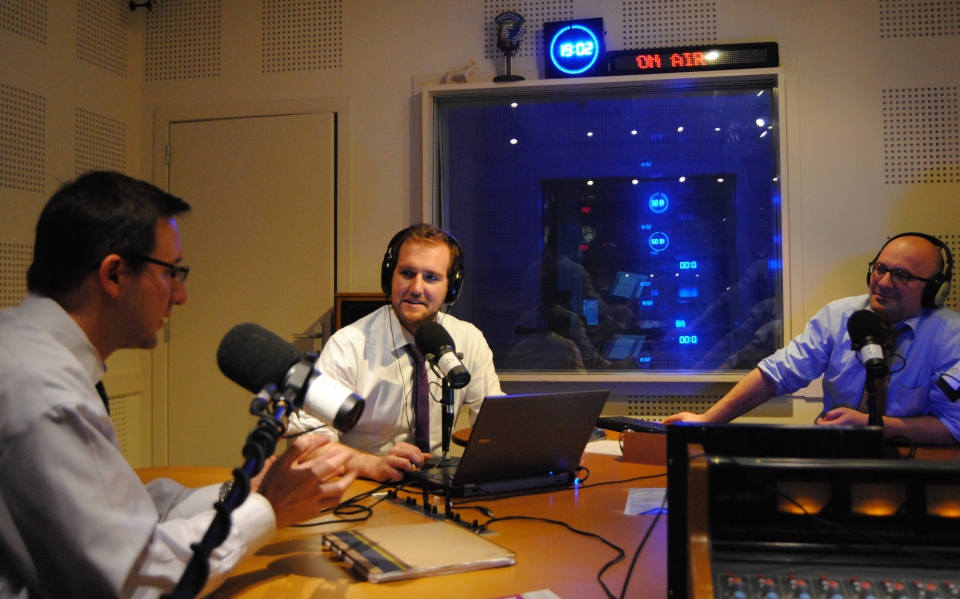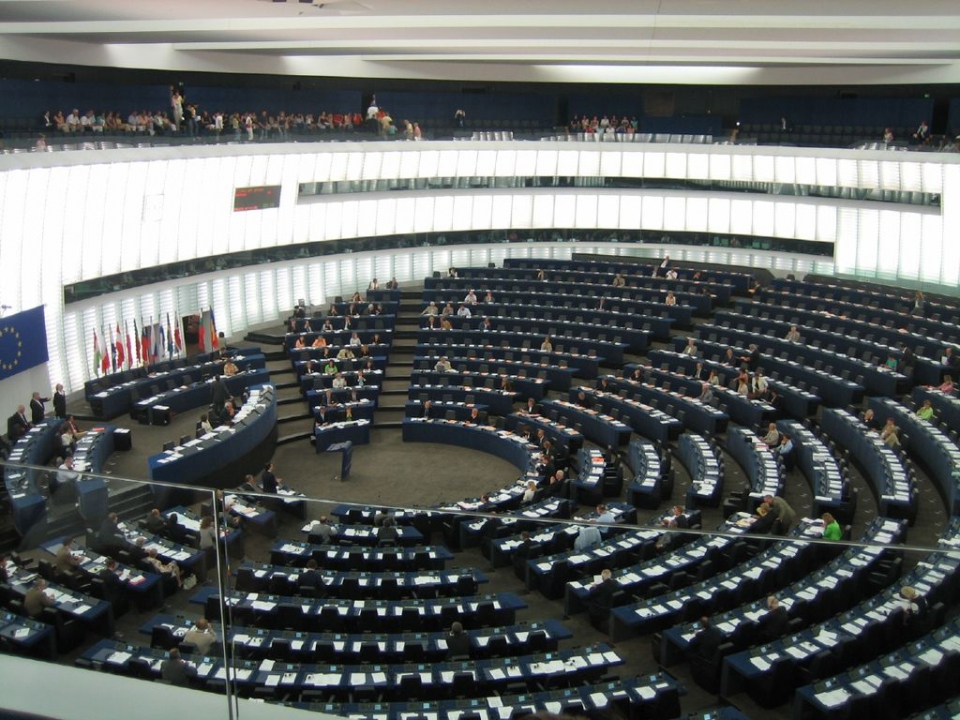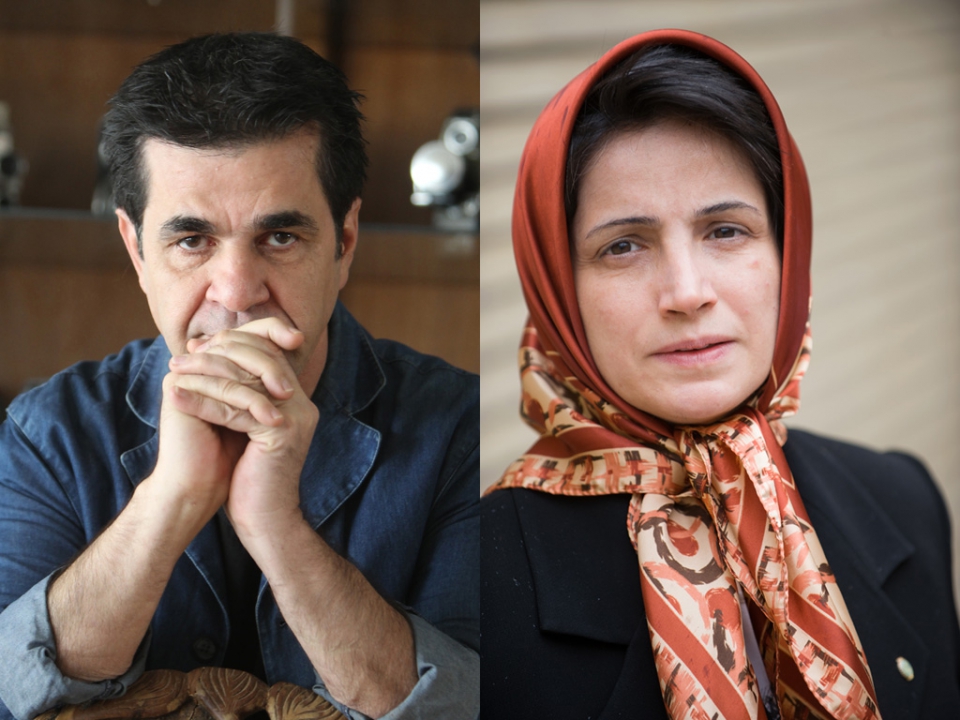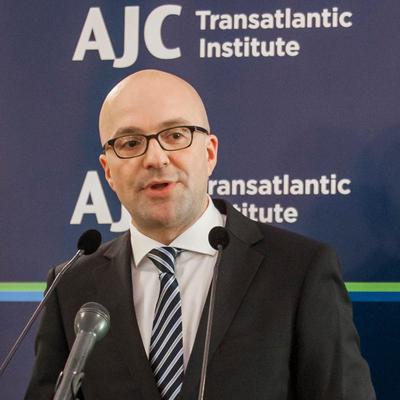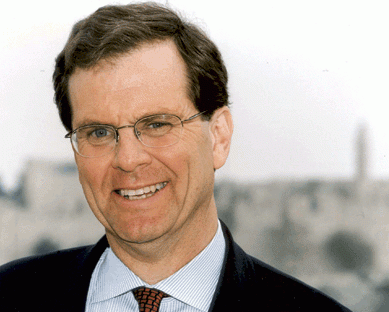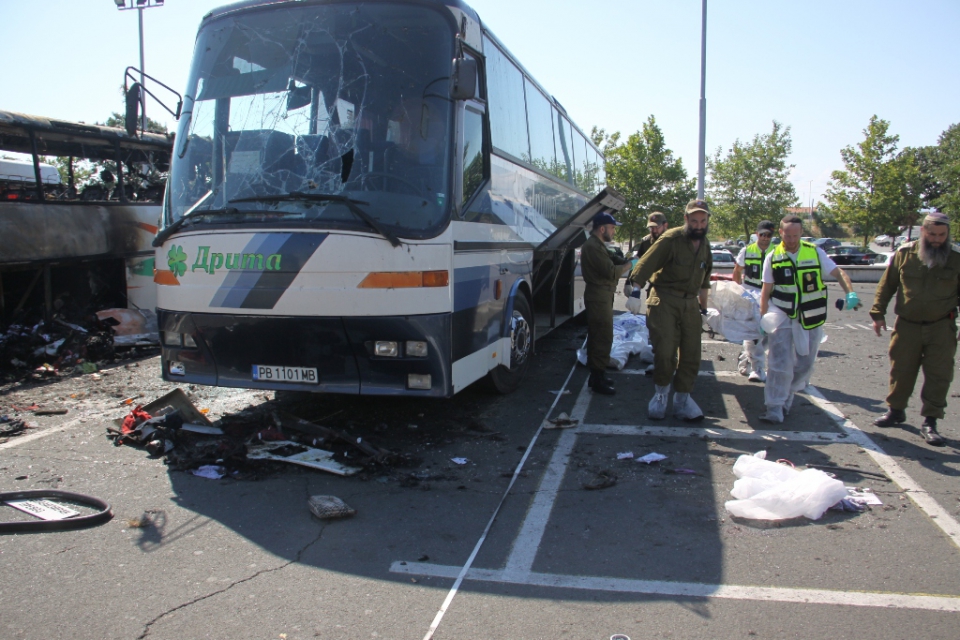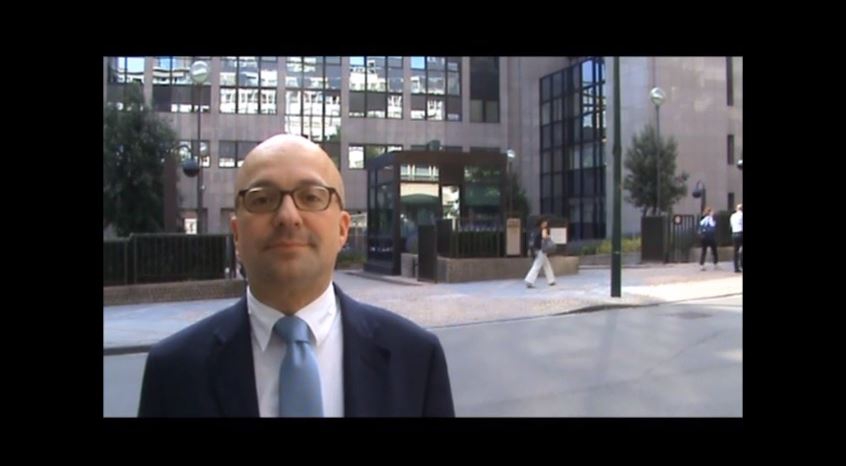Analysis
Iran Is More Aggressive Than Ever Before
AJC Global - Initially published in Neue Zürcher Zeitung
16 October 2020
By Dr. Remko Leemhuis
October 18th, 2020 will be a bad day for the Middle East -- a region that has no shortage of such days. On this date, largely unbeknownst to the public, the UN arms embargo against Iran ends. The Iranian regime has been little impressed by these sanctions in the past, illegally importing and exporting material. However, beginning this month, it can do so legally--disastrous news for the region and especially the security of Israel.
Iran will arm itself
From this moment on, with the friendly support of Beijing and Moscow, Iran will have the opportunity to legally purchase previously sanctioned advanced weaponry. Presumably, Iran will not only modernize its own forces but equip several of its irregular Shiite militias in the region as well.
China will not hesitate to provide the necessary material. Beijing views the Middle East principally as its sphere of influence. By supporting Iran and its plethora of militias, the communist regime can degrade American influence in the region without taking an active role itself.
In addition to the geopolitical and security impact, this day symbolizes the failure of Europe’s Middle East policy. It is a self-inflicted defeat: The expiration of the weapons embargo was part of the 2015 JCPOA nuclear deal signed in Vienna by Germany, the EU, the five members of the UN security council, and Iran. At the time, this deal was no more than a bet on the future. Signatories believed the deal would buy time and allow for talks on the problematic aspects of Iran’s regional policies. There were even vague hopes of the regime becoming more moderate.
Optimism in the West rested mainly upon so-called reformers. This was a dangerous illusion even then. The Iranian regime may consist of different interest groups and factions but “moderate” is not one of them. On the contrary, they all share islamist and antisemitic ideologies. These may allow for some tactical concessions but certainly no substantial changes in policy like regional hegemony. It has therefore come to pass: Under the protection of the JCPOA, Tehran is pursuing it’s regional hegemonic ambitions more aggressively and brutally than ever before and violently oppresses every form of domestic opposition.
In every crisis in the Middle East -- whether Lebanon, Iraq, or Yemen -- Iran has systematically expanded its influence and fanned the flames of political and sectarian conflict. In this light, it remains a mystery how European political and diplomatic decision-makers can still postulate that Iran is needed to stabilize the Middle East.
How does Germany view Israel’s security?
Such views have little to do with reality. The regime profits from political instability and masterfully fills power vacuums. The last thing the Mullahs want are stable, democratizing states in their neighborhood. With the expiration of the UN arms embargo, Iran will equip its militias with technologically advanced weaponry and continue its regional aggression. This is bad news for the Middle East and sets the conditions for even more bloodshed.
For Germany, the expiration of the arms embargo carries additional significance: Berlin continuously emphasizes that Israel’s security is its Staatsräson, warning about rising levels of antisemitism at every commemoration event. At the same time, the German government stands idly by as a fundamentally antisemtic regime that has sought to destroy the Jewish state since its founding continues to arm itself.
There has been a clear discrepancy between lip service and actual policy for years.
If there is one lesson from history, it’s that antisemitic fanatics must be stopped before it is too late. This requires a fundamental reversal of Germany's Iran policy and the realization that 30 years of the so called “critical dialogue” has led to a dead end where only Iran has benefited.
On 18 October the international arms embargo on Iran expired. The regime can now legally purchase upgraded and advanced weaponry. “This is bad news for the Middle East and sets the conditions for even more bloodshed,” writes AJC Berlin Director Remko Leemhuis in Switzerland’s biggest newspaper Neue Zürcher Zeitung. Germany, one of the JCPOA’s signatories, must live up to its special responsibility to help end Tehran’s quest for nuclear arms, its aggression in the region, and its support for terror proxies such as Hezbollah.
